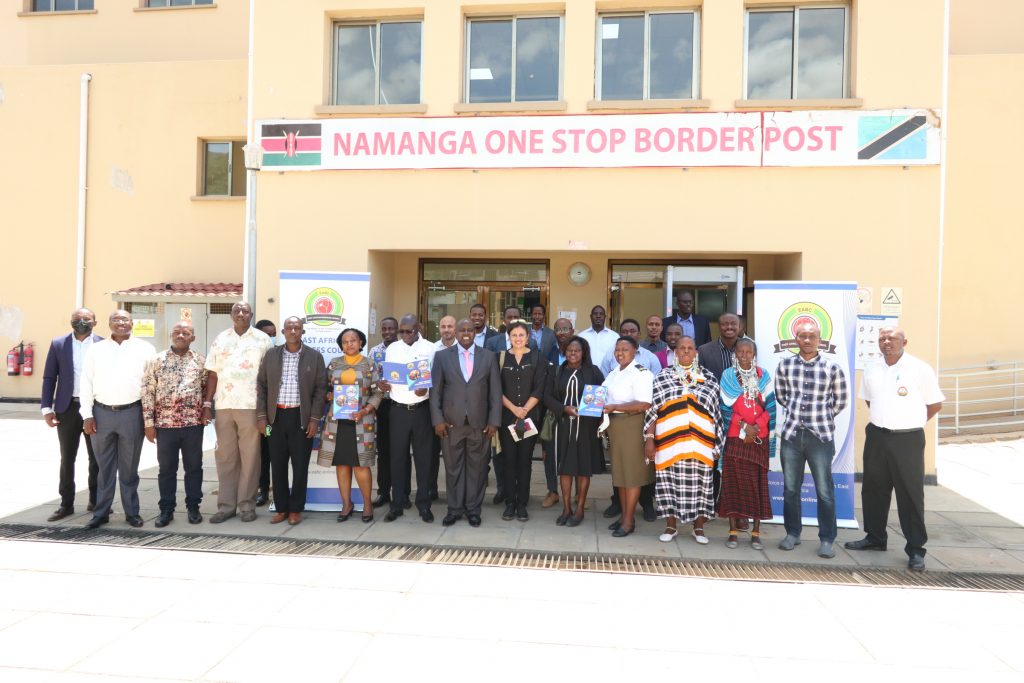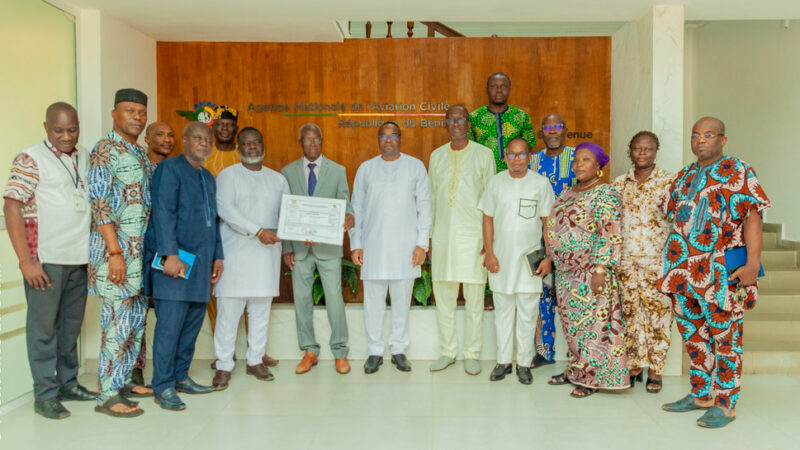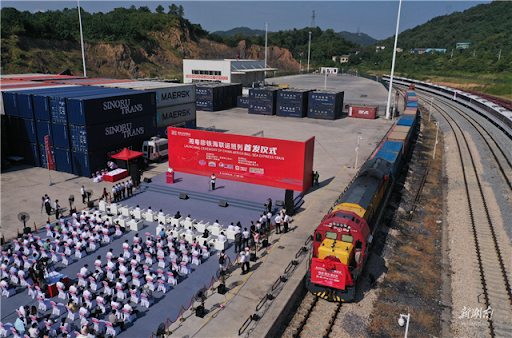TANZANIA KENYA TOTAL TRADE HIT USD 905.5 MILLION

Kenya Tanzania bilateral trade hit USD 905.5 million in 2021 for the period January –November 2021 according to the Central Bank of Kenya. This was highlighted during the EABC Trade Facilitation Forum at Namanga One-Stop Border Post.

Speaking at the Forum, Mr. John Bosco Kalisa said “Kenya imports from Tanzania stood at USD 501. million and exports USD 403.9.” He applauded President Samia Suluhu Hassan and President Uhuru Kenyatta for resolving Non-Tariff Barriers resulting in better trade ties.
The Station Manager of Namanga OSBP Kenya expounded that the border clears 250 trucks daily, a 3-fold increase in comparison to May last year.
The leaders of Freight and Forwarders Association urged for the separation of the Import Declaration Form (IDF) from the Integrated Customs Management System (ICMS) of Kenya, set-up of a permanent cargo scanner at the border to facilitate trade.
Mr. Daniel Wainaina, Chairman of Kenya International Freight and Warehousing Association (KIFWA) said the clearing cost of cargo on the Kenya side has increased by 70% due to multiple processes and departments. He noted that for a 20metric tonne truck, the clearing cost is approximately USD 200 resulting in un-competitiveness.
Mr. Gerald Masila, CEO of East African Grain Council (EAGC)said the EAGC spearheaded the development of EAC harmonized standards on grains and cereals and Standards on sampling and testing to boost cross-border trade of cereals in the region.
The traders called for more staff to be deployed at the Agriculture Food Authority (AFA) of Kenya to facilitate approval of pre-applications of maize import from Tanzania to Kenya and joint testing of aflatoxin to be undertaken preferably in Arusha to reduce the number of rejections at the border.
Paloma Fernanda, CEO of Cereal Millers Association urged for joint campaign on tackling aflatoxin from farm level and post-harvest losses in the region.
Chairpersons of Women Cross Border Traders Sarah Keiya and Alice Lemowo urged the Government of the United Republic of Tanzania to allow use of national identity cards as travel documents, set up of daycare center for children, sensitization & capacity building on the customs procedures plus exports of beaded jewelry to oversee markets.
Peter Musiba from the Tanzania Bureau of Standards (TBS) explained that TBS is tackling aflatoxin setting out premises for testing in several areas in Tanzania such as Dodoma, Shinyanga and Singida to facilitate trade of cereals.
Dr. Irene Musebe from the Ministry of East African Community and Regional Development of Kenya said Kenya and Tanzania have strong trade ties and the Ministry is setting up a Jumuiya Market near the border of Namanga to support cross-border trade.
She promised that the women cross-border trades shall have a stall at the Jumuiya Market.
Ms. Eugenia Mwesiumo, from the Ministry of Foreign Affairs and East African Cooperation -United Republic of Tanzania said “The EAC Common Market is alive through trade facilitation.” She underscored the important role of border agencies in easing cross-border trade.
The challenges at the Namanga border include: lack of mutual recognition of product standards, system failures leading to delay in issuance of C4 documents, multiple roadblocks on both sides and cargo scanner failures leading to cargo trucks traffic jams.
The forum also recommended regular holding of joint border management committee meetings, simplification & publication of customs procedures, trade information desk for women cross-border traders, capacity building programs to tackle aflatoxin and transform aflatoxin infected cereals into ethanol and industrial glue.
Mr. Kalisa said that EABC shall roll out Border Facilitation Performance Indicator to monitor implementation of the recommendations in a bid to ease trade.
The EABC Trade Facilitation Forum was attended by over 70 delegates composed of Officials from the Ministry of EAC Affairs, trade facilitation agencies, importers, exporters, transporters & freight forwarders, Kenya National Chambers of Commerce and Industry, women cross-border traders and GIZ.
The forum was supported by GIZ “Support to East African Market-Driven and People-Centred Integration” programme (SEAMPEC).
Source & Photo : EABC





